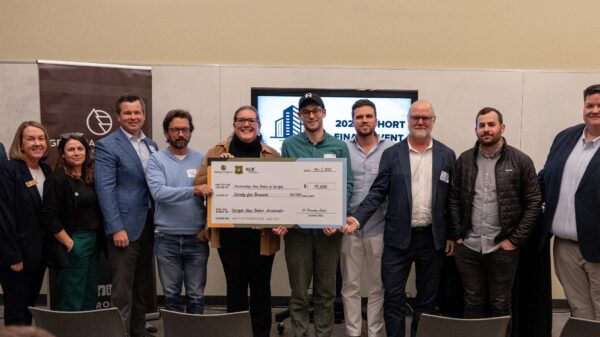In a troubling situation, a retired father in Mississippi finds his generous spirit jeopardizing his financial stability. His adult child, concerned about the father’s unyielding kindness, has reached out for advice regarding the implications of his father’s charitable actions on their living situation.
The father, known for his big heart, has always prioritized the needs of others over his own. This behavior, while commendable, has led to significant financial strain. Previously, during his working years, his capacity to give went largely unchecked, but with retirement has come a fixed income. This shift has made his past generosity increasingly unsustainable.
Financial Struggles and Generosity
Currently living on a strict budget, the father has been quietly assisting the family residing above him by covering their rent and grocery expenses. He has also contributed to their car repairs, all while struggling to meet his own financial obligations. His reliance on credit cards has left him maxed out and unable to pay his rent, putting his apartment at risk.
The adult child, who identifies themselves as “Helping the Helper,” is worried that their father’s altruism may ultimately lead to his own housing insecurity. While they can offer temporary assistance, they are at a loss for how to address the root of the problem long-term. Attempts to establish a budget have been ignored, and financial counseling has provided only short-term relief.
Seeking Legal Guidance
In the letter to advice columnist Abigail Van Buren, known as Dear Abby, the concerned child is urged to consider legal options to protect their father. They are advised to consult an attorney specializing in elder law to explore the possibility of a conservatorship. This legal arrangement could ensure that the father’s essential needs are met without the risk of his kindness leading to homelessness.
“Your father should no longer be left to his own devices,” advised Dear Abby, emphasizing the need for intervention.
The advice highlights the delicate balance between helping others and safeguarding one’s own well-being. The situation underscores the importance of addressing the challenges faced by those who, like this father, struggle to prioritize their own needs while being compelled to assist others.
As the father continues to volunteer at a local homeless shelter, his involvement with those in need is both admirable and concerning. The adult child’s efforts to protect him reflect a broader issue within communities where generosity can sometimes have unintended consequences.
In navigating these complex family dynamics, it is crucial for the adult child to find a way to support their father without enabling his detrimental habits. Legal intervention may provide the necessary structure to ensure that both compassion and financial responsibility can coexist.
This poignant case serves as a reminder of the challenges faced by caregivers and family members who wish to help loved ones while also ensuring their stability. The balance between generosity and self-preservation remains a delicate issue that many families must navigate.





































































